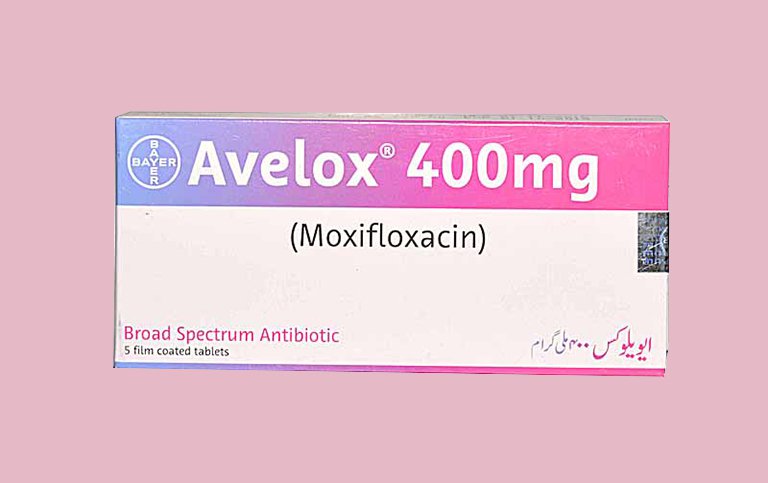Avelox Unveiling the Power of a Potent Antibiotic
Avelox is a revolutionary antibiotic that has transformed the field of medicine. With its potent mechanism of action, Avelox has become a crucial tool in combating bacterial infections. This article will delve into the basics of Avelox, its mode of action, common uses, benefits, precautions, and frequently asked questions.

Avelox: The Basics
What is Avelox?
Avelox is a fluoroquinolone antibiotic that is widely used to treat various bacterial infections. As a member of the fluoroquinolone class, Avelox exhibits broad-spectrum activity against bacteria, making it effective in combating a wide range of infections.
How Does Avelox Work?
Avelox works by inhibiting the DNA replication process in bacteria. By targeting the enzymes responsible for DNA synthesis, Avelox prevents the bacteria from multiplying and spreading. This mechanism of action makes Avelox highly effective in treating bacterial infections, including those caused by drug-resistant bacteria.
Common Uses of Avelox
Avelox is commonly prescribed for the treatment of respiratory, skin, and urinary tract infections. It is particularly effective in combating community-acquired pneumonia, a type of lung infection that is acquired outside of healthcare settings. Additionally, Avelox is used for various other bacterial infections that are susceptible to its action.
Avelox: Benefits and Precautions
Advantages of Avelox
Avelox offers several advantages in the treatment of bacterial infections. Its potent activity allows for the effective elimination of bacteria, even those that have developed resistance to other antibiotics. Avelox can be administered orally or intravenously, providing flexibility in treatment options. Furthermore, its broad-spectrum activity ensures coverage against a wide range of bacteria, making it a valuable tool in combating infections.
Potential Side Effects and Precautions
While Avelox is generally well-tolerated, it is important to be aware of potential side effects. Common side effects include nausea, diarrhea, and headache. In rare cases, serious adverse reactions such as tendon rupture, allergic reactions, and liver damage can occur. It is crucial to promptly seek medical attention if any concerning symptoms arise. Precautions should be taken when prescribing Avelox to specific patient populations, such as the elderly and pregnant women, and healthcare professionals should be consulted for personalized advice.
Drug Interactions and Contraindications
Avelox may interact with certain medications, including antacids, sucralfate, and certain blood thinners. It is important to inform healthcare providers about all the medications being taken to avoid potential interactions. Avelox is contraindicated in individuals with a history of hypersensitivity to fluoroquinolones or any of its components. It is essential to adhere to prescribed guidelines and consult healthcare professionals to ensure the safe and appropriate use of Avelox.
Frequently Asked Questions
Is Avelox Safe for Children?
Avelox is generally not recommended for use in children due to the potential risk of musculoskeletal adverse events. However, there may be specific cases where the benefits outweigh the risks, and a healthcare professional can guide appropriate pediatric use of Avelox.
Can Avelox Cause Tendon Rupture?
There have been reports of tendon ruptures associated with the use of fluoroquinolone antibiotics, including Avelox. While tendon ruptures are rare, it is important to be aware of the signs and symptoms, such as tendon pain or swelling, and to seek medical attention if any such symptoms occur.
Are Allergic Reactions Common with Avelox?
Allergic reactions to Avelox are relatively rare and can vary in severity. Symptoms of an allergic reaction may include rash, itching, swelling, dizziness, and difficulty breathing. If you experience any signs of an allergic reaction, it is important to seek immediate medical attention.
How Long Should Avelox Treatment Last?
The duration of Avelox treatment depends on the specific bacterial infection being treated. It is important to follow the prescribed treatment course and complete the full course of antibiotics, even if symptoms improve before the treatment is finished. This helps ensure that the infection is completely eradicated and reduces the risk of antibiotic resistance.
Conclusion:
Avelox is a potent antibiotic that has revolutionized the treatment of bacterial infections. Its broad-spectrum activity and mechanism of action make it highly effective in combating a wide range of infections. While Avelox offers numerous benefits, it is important to be aware of potential side effects and precautions. By following prescribed guidelines and consulting healthcare professionals, Avelox can be used safely and effectively to combat bacterial infections. If you have any specific concerns or questions about Avelox, it is always best to consult with your healthcare provider for personalized advice.




